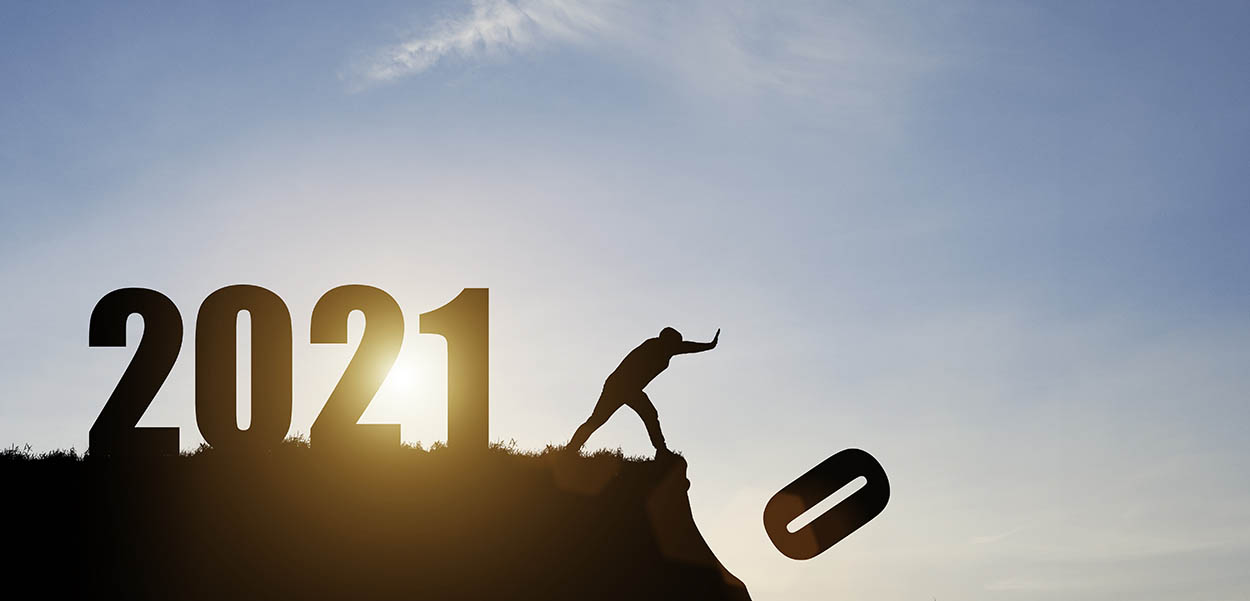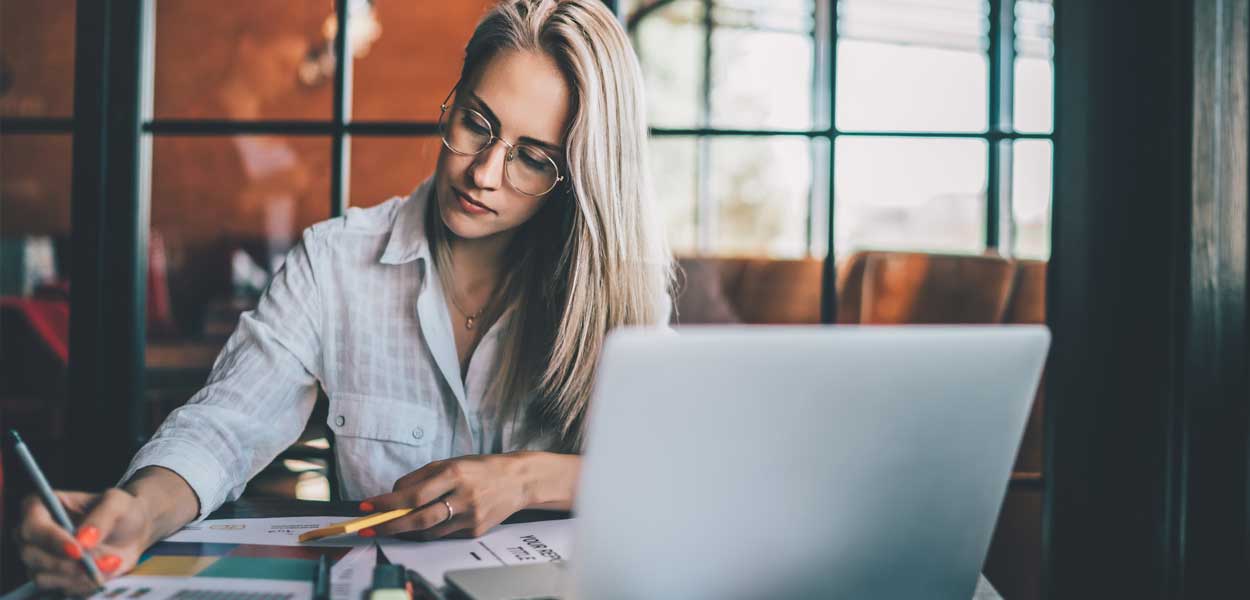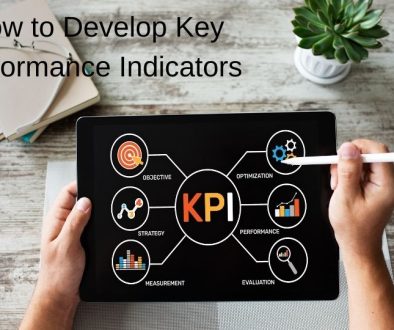As this year comes to a close 2020 has certainly been ‘memorable’. It has been a year of firsts. A year of use of the word ‘unprecedented’. A year many want to finish as quickly as possible and lock away in the memory vault never to be seen again. But rather than simply banish and forget about it, perhaps we would be better to learn from it first. What are the 2020 lessons we have learnt?
No director, business owner or entrepreneur will end 2020 with the same approach to business as they had at the beginning of this year. Their businesses may have suffered, pivoted, or even benefitted from the unforeseen events of this year. But what, if anything, has been learnt?
As we come to the end of this year, I have thought about my personal 2020 lessons. I have surveyed friends, colleagues and clients, leaders and directors in multi-national companies and small businesses about what they have learned in 2020. We have discussed the major impacts and the key business lessons that we should take forward. I have grouped these into 7 main 2020 lessons.
Learn your way:
2020 Lesson 1: Cog in the machine
We will remember 2020 for the virtual lives we led more than the real or physical ones. In 2019 Zoom was a little-known platform yet now it is a common verb that at some point this year we almost used daily. And their numbers echo this. When it went public in April 2019 Zoom’s market value was $15m. It is now worth $115 billion! Perhaps 2020 will be Zoom’s best year ever. We shall have to see.
The pace of technological change was increasing well before 2020 yet this year has sent it into hyper-drive. You just have to look at the drive towards cashless society, increase of online shopping, including groceries. I am sure we all remember how hard it was to get a supermarket delivery slot earlier this year.
Then in the workplace we started to use either new technology or technology we had avoided or ignored. Cloud based everything has become the norm and we used video conferencing more than ever before, especially due to working from home.
Lesson 2: WFH
Before 2020 working from home or WFH was the exception, an opportunity given to relatively few. It was often laughed at, called names like ‘shirking from home’. Unjustly I would say. But then I have been fortunate. I have worked for employers who have trusted their employees and have embraced WFH for years.
However, as WFH became a necessity, a demand from the government even, new ways of working have appeared. Those previously sceptical of WFH got to experience it and see the benefits for themselves. I know many who are complete converts to this way of working now.
Reports suggest that productivity increased. Businesses became more trusting of their employees. More flexible working has been granted and teams have had to work together virtually regardless of location. Geography is no longer a barrier and for this year at least, expensive T&E budgets disappeared. I even know of companies who sent their ex-pats back home because of working virtually. This has saved them tens if not hundreds of thousands of pounds.
No-one knows what the workplace will look like next year and further ahead. All the surveys I have read show a preference for a hybrid model of 2-3 days in an office and the rest at home. But we will see, and we should prepare for all options.
Lesson 3: It’s okay to not be okay
However, while WFH has had its advantages, it has not all been good. It has made us realise the need for human interaction and isolation is mentally tough.
Many have struggled to find a work life balance with the workplace and home morphing into one. Managers have had to find innovative ways for social interaction and to try to support staff morale. Especially if those managers have some or all of their teams on furlough. It turns out that we do need those kitchen catch ups or water cooler chats after all.
More businesses have started to realise the value of their people and their mental wellbeing. They have enrolled in programmes such as Headspace or similar and mental wellbeing is now more of a true focus. It has finally become acceptable to ask for help and not to be ashamed of mental health. There still seems some way to go on this but we are getting there. All that has happened this year has helped to fast track both the problem but also possible solutions.
People are a company’s greatest asset and those businesses that put their people first benefit on multiple levels.
2020 Lesson 4: Survival of the Fittest
It’s not only use of technology, WFH and mental health that have experienced fast track events. Business survival has been affected too.
2020 has been a harsh year for business survival. Did you know, according to the Office for National Statistics, in the first half of this year 213,285 businesses failed in the UK. This was 14% higher than last year. This equates to over 26,000 businesses that failed because of the pandemic.
The figures for the second half of this year will be no less bleak I am sure. Especially with giants such as the Arcadia Group and Debenhams going into administration. Some argue that the pandemic has simply sped up what was already on the cards for these giants. Or that the pandemic has simply sorted out the wheat from the chaff. Perhaps harsh, perhaps not. But what is clear is that in 2020 businesses have had to work hard to survive.
Lesson 5: Adapt or Die
The way the best businesses have survived is to adapt. Whether that is their product, their business model, their advertising, their routes to market, or any or all the above.
In previous years they might have spent months or even years in research, planning and getting everything perfect before launching a new product or changing a system but not this year. There are times to plan and take things slowly and other times to strike while the iron is hot. To be nimble to make the most of the situation.
We have seen brilliant examples of pubs and restaurants developing take away options almost overnight, of turning their premises into small local food markets and or finding ways to serve outside even in the winter months. We have seen people on furlough start new businesses or learn new skills. We now have an enormous range of masks and hand sanitisers that we did not have this time last year! I could go on and on about the innovation and adaptability that has been shown this year. (but you will be pleased to hear I won’t!).
The point is that the businesses that have fared the best, are the ones that have adapted quickest and most to the changing consumer need. Put your customer first and adapt your business accordingly and do it quickly and efficiently.
Lesson 6: Don’t forget the basics
In adapting and changing your business quickly it is important not to forget the basics. It is important to make sure that we don’t learn the wrong lessons this year. The biggest of which would be that having a business plan and making forecasts are not necessary. Yes, they can be drastically changed by events outside our control, but we still need them. Instead, we should put plans and forecasts together but with measures in place to adapt them in the future. For example, to help us prepare and plan better we can use Adaptive planning or full risk analysis.
Many businesses have been thrust into survival mode this year. They have had to go right back to basics to survive. They have had to get closer to cash flow forecasting and planning than they have been used to. When the going is good it is easy to let these things slip, to take them for granted but we all need to keep on top of the cash cycle. We need to build and support relationships and processes with our suppliers and customers in good times. That way we have a better chance of being able to call on them when the going gets tough.
As a line from the Christmas film Klaus, I watched this week says, ‘a true act of goodwill always sparks another’.
2020 Lesson 7: Doing the right thing
Acts of goodwill bring me to my final lesson for this year. That is to do the right thing. Your actions in times of crisis will be remembered. They will be remembered by staff, customers, suppliers and in fact all stakeholders. Examples this year include the following:
- Dr Martens, Taylor Wimpey, Ikea for returning furlough money in full.
- Large grocery retailers giving back business rate relief funds (albeit tardily some might say),
- Hospitality industry helping with free school meals when they didn’t have many resources themselves
- Neighbourhood support and community initiatives
- Profiteering restrictions on pandemic related items on Amazon and ebay.
How you act in a crisis will show your true colours and people will not forget. This year advertising has also changed to reflect this mood. Never have so many adverts been focussed on asking if the consumer is alright rather than simply trying to sell. Some businesses have perhaps been more genuine in this than others. But I’ll leave that for you to interpret and decide for yourself.
In good times as well as bad, I would always advocate exacting standards of integrity and purpose. It is abundantly clear which companies are genuine and which are just trying to tick a box. Always aim to be the former.
Summing up
From all of this we can see that any business, whether large or small, will face new challenges on a continuous basis. We can predict many of these challenges as they are the obvious ones. However, there will always be new, unforeseen, and unpredictable challenges. 2020 has perhaps been the best example of this that any of us can remember. Let us all hope that 2020 will remain almost unique in how many lessons have had to be learned so quickly by almost all of us!
What the future will look like, we do not know. And I am sure that many will conduct studies and analyses on this year. There will be more learnings, more interpretations. What I do know is that the smartest business leaders will manage to combine the best parts of our pre-2020 working lives and all the best lessons learnt from 2020. They will create new ways of working into this next year, decade and beyond.
What Next?
Look out for more of our business articles coming soon. If you need a few pointers on pricing strategy or some extra pricing guidance sign up to the Pricing Learning Hub to pricing calculators, fact sheets, how-to guides and more.
Alternatively, if you have a specific question, then our Pricing Power Hours can help un-muddle you and set you on the right pricing track.
Pricing Learning hub
Improve your pricing strategies, tactics and profits, gain confidence and reduce the stress of price setting, price increases and discounting. Join our Pricing Learning Hub and get exclusive access to a range of tools, articles, podcasts and videos by experts with 15+ years in top FMCGs. Join today for only £1.







